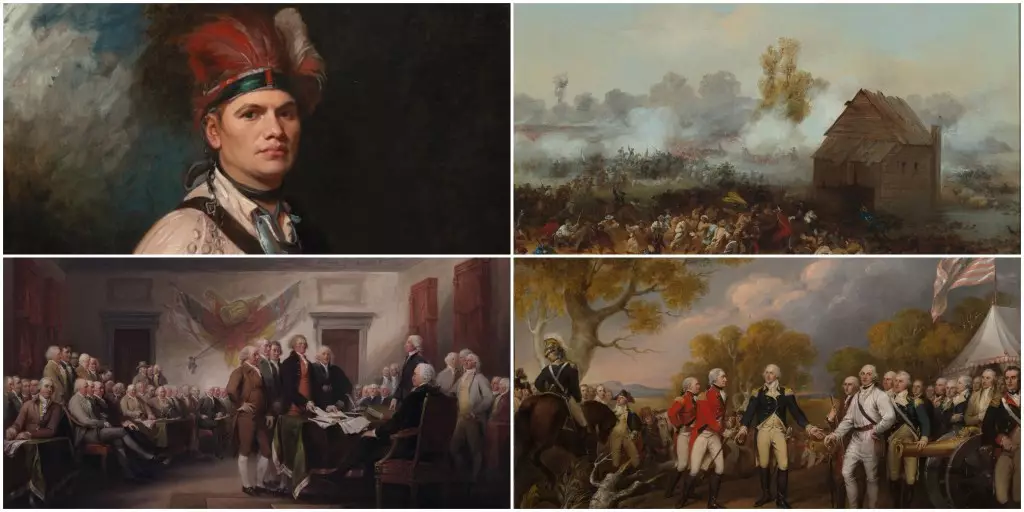Ken Burns, an illustrious figure in documentary filmmaking, is once again making waves with his latest project, “The American Revolution.” This ambitious series is set to premiere at the London TV Screenings, highlighting its global significance and relevance in understanding American history. PBS Distribution has acquired the rights to distribute this series internationally, affirming its commitment to disseminate historical content across borders. Burns, alongside his seasoned collaborators Sarah Botstein and David Schmidt, aims to provide a profound analysis of the foundational conflict that led to the establishment of the United States.
What sets “The American Revolution” apart is its commitment to portraying a comprehensive narrative enriched by diverse perspectives. The series promises to delve into the experiences of not only prominent figures like military leaders and politicians but also everyday soldiers, enslaved individuals, and Native American communities. This multi-faceted approach seeks to illuminate the complex, often contradictory realities that fueled the war and shaped the emerging nation.
The creators assert that they will examine the American Revolution not just as a series of battles and political maneuvers, but as a profound societal transformation that reverberated globally. By showcasing a multitude of voices—from George Washington to lesser-known figures—the documentary aims to craft a narrative that reflects the complexities of humanity during this tumultuous time.
In a bold statement, Burns claims, “The American Revolution has always been surrounded by myth that keeps us from seeing the real picture.” This assertion points to a crucial endeavor of the documentary: to challenge the sanitized and often romanticized versions of history that have prevailed in popular consciousness. Rather than presenting a straightforward tale of heroism and triumph, the series intends to confront the paradoxes and struggles that accompanied the birth of the nation, including issues related to slavery and indigenous displacement.
Burns refers to the American Revolution as a “bloody civil war” that tore families and communities apart. Such a perspective is vital for understanding the legacy of the conflict, evoking a need for introspection about the foundations of American democracy. This candid exploration of historical truths encourages viewers to grapple with the dualities inherent in the nation’s birth—both its inspiring ideals and its brutal realities.
The production seems to prioritize not only insightful storytelling but also cutting-edge presentation. With the inclusion of new maps, archival materials, and the powerful voices of nearly 200 historical figures, this series is designed to engage viewers on multiple fronts. The narration by esteemed actor Peter Coyote adds a rich layer to the storytelling, while a diverse cast of contemporary actors, including Meryl Streep and Samuel L. Jackson, further enriches the narrative through dramatic readings of historical accounts.
The involvement of historians and scholars in the documentary lends it credibility and depth, ensuring that the content is as informative as it is engaging. By weaving together expert analysis and artistic expression, “The American Revolution” fosters a compelling educational experience.
As the release date approaches, there is palpable excitement about the impact that “The American Revolution” might have on public discourse surrounding American history. By meticulously unpacking the myths and realities of this critical epoch, the series endeavors to inspire viewers to reflect on the ongoing journey toward democracy and social justice. It serves not merely as an illuminating retelling of a historical event but as a catalyst for contemporary conversations about identity and governance in the United States.
In an era where narrative control has become a significant concern, Ken Burns’ latest documentary emerges as a timely reminder of the power of storytelling rooted in truth and diversity. “The American Revolution” promises to be not only a visual spectacle but a crucial educational resource that enriches our understanding of the past while illuminating issues that persist in our present.

